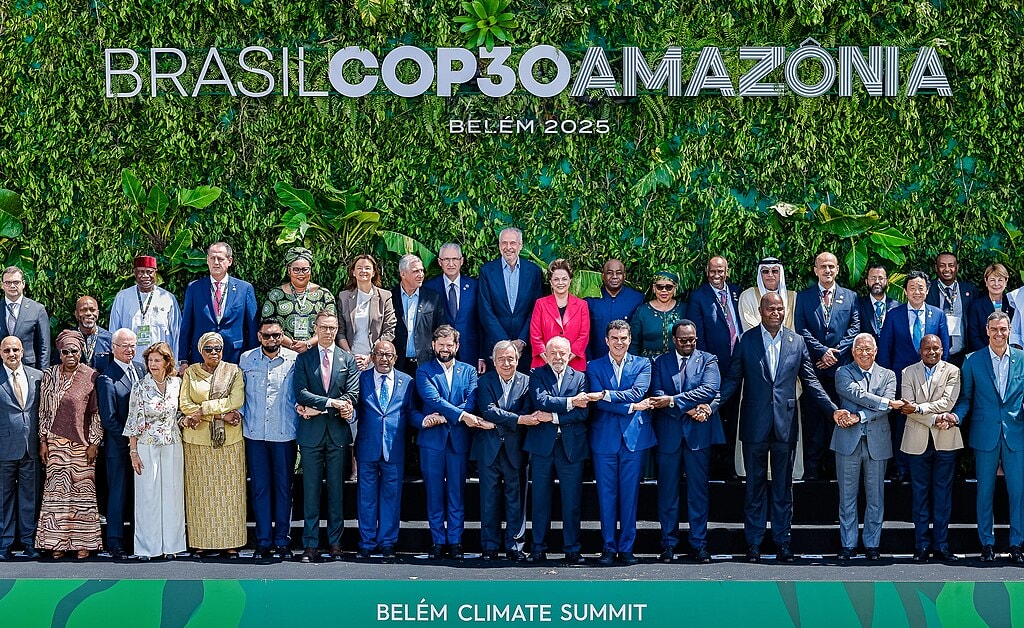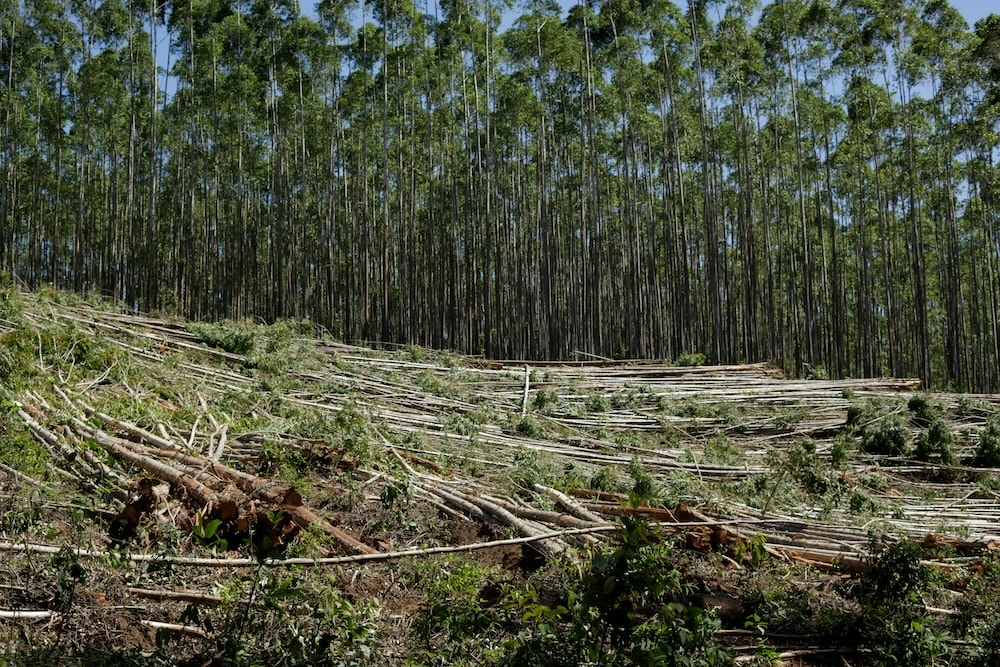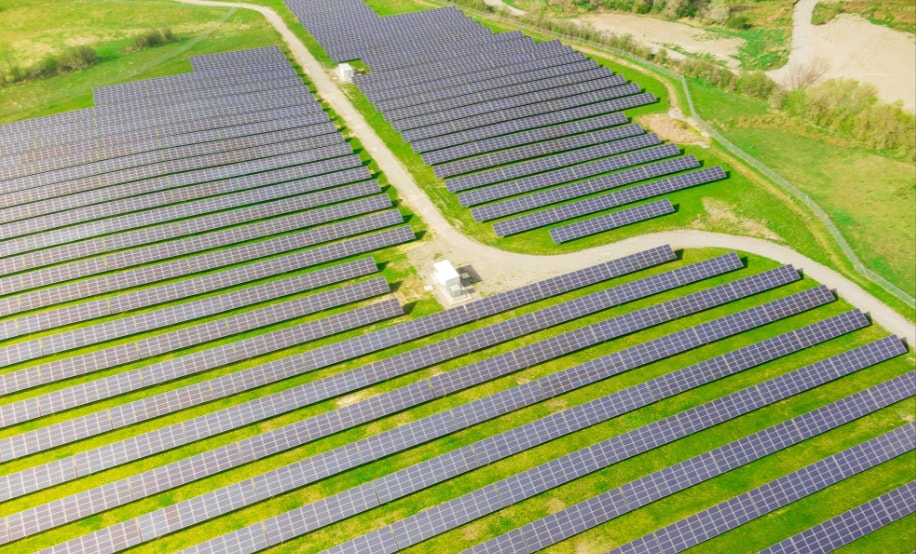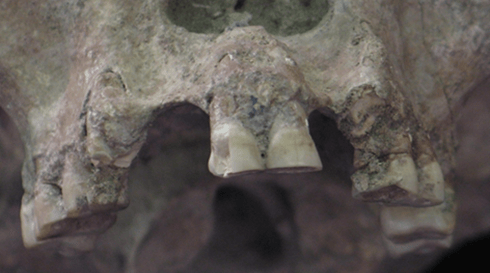Impakter interviews key speakers at The Economist’s 8th Annual World Ocean Summit and reports on the main panel discussions.
This plenary panel, featuring Carlos Duarte (Marine Ecologist), Chip Cunliffe (Director of Sustainable Development, AXA), Carol Phua (Global Coral Reef Initiative Manager), and Tanguy Gahouma (Chair of the African Group of Negotiators (AGN) on climate change) was streamed live from The Economist World Ocean Summit on March 3, 2021.
Nature-based solutions (NBS) to climate change are not a new idea. In fact, if we look to many indigenous communities across the globe, it is evident that the natural balance of ecosystems has been understood for generations. Nevertheless, one of the key talking points surrounding NBS to come from The Economist World Ocean Summit event was its rapid mainstreaming into public policy and investment.

The event focussed on the potential efficacy of nature-based solutions and the need for their value proposition to be communicated to policy makers, investors et al. These discussions are timely, in keeping with The Ignition Project’s call for fast-tracking NBS as a way of tackling climate change and improving biodiversity as well as health and wellbeing.
We need to recognise the important nexus between biodiversity and the climate
— Marine Ecologist Carlos Duarte
Key talking points from the event were as follows:
Ocean ecosystems are at risk all over the world, not just the Great Barrier Reef
Oceans and other blue ecosystems have enormous potential for blue carbon sequestration (blue carbon simply referring to the carbon stored in marine ecosystems). Mangroves and coral reefs are excellent examples of this. They sequester and store more carbon per unit area than terrestrial forests. However, as Carol Phua pointed out, we are “at risk of losing 90% of coral reefs by 2035” if no strong action is taken.
Moreover, it is not commonplace knowledge that the importance of marine ecosystems varies across the world. In Gabon, as Tanguy explained, protecting blue ecosystems is key to reducing the risk of climate change impacts, which the country is particularly vulnerable to. Reef ecosystems also play a big part in challenges concerning food security and the disproportionate impact of climate change on women. In terms of mitigation and adaptation, Carlos Duarte put the importance of marine ecosystems in perspective when he suggested that a global 0.9 – 1.4 % annual emissions reduction could come from NBSs between 2030 and 2050. This was coupled with another positive comment — that it will be possible to rebuild the abundance of marine life by 2050.
We need to understand the exact value of blue carbon and marine ecosystems
As blue carbon credits become increasingly available, allowing for the funding of more and more coastal and marine conservation and restoration projects, it is crucial that we can ascertain the exact value of these ecosystems. This importance is twofold. Firstly, whilst the panelists were in agreement that reefs, mangroves and other marine life are invaluable to the communities that live near them, the monetary value assigned to this is harder to gauge. AXA Insurance noted that “‘without mangroves, coastal communities would incur an additional $82 bln in flood damages each year.” This doesn’t even stretch to the countless knock-on socio-economic and cultural impacts that would ensue.
Related Articles: Nature-based Solutions in El Salvador | Nature can lead the way in Adapting to Climate Change | South American Visions for Nature-based Resilience
Secondly, understanding this value will be financially beneficial in the future. The panel noted that in the Caribbean, the cost of restoring mangrove populations is roughly $23,000 p/Ha, and has the capacity to sequester 10 times the amount of CO2 as terrestrial forests. Compare this to the $20m needed to build a new sea wall (to protect against flooding), and it is clear that NBS are environmentally, socially and fiscally beneficial.
The value of NBS has to be effectively communicated to private investment
The panel established that an effective way to mainstream nature-based solutions further is to ensure that there is a “good stable pipeline of investable projects that will benefit coastal communities” and that will bring good returns for investors. Chip Cunliffe noted the opportunity to develop a thriving market for NBS. He suggested that frameworks such as comparative coastal risk indices will help clarify the risks and returns of backing conversation and restoration projects. This will be particularly important for countries such as Gabon, where, despite their necessity, these projects are not supported to a great enough extent (only 22% of marine territory is currently protected).
A number of things have to happen before this “pipeline” of investable projects is up and running. Firstly, sufficient data must be made available to investors, achievable through research and co-operation with governments, NGOs, academics and sustainability consultancies. There must also be policy that legislates for and enables the growing investment and support for these projects. Finally, it will be important to establish what these investments look like; it may be the case that blended finance, the type seen in reef restorations in Madagascar and Cuba, will be best suited to manage the risk-return expectations of these sorts of projects.
What are nature-based solutions?🌿
These are the solutions that harness the Earth's healing power by working with the environment to conserve, restore & improve ecosystems💡
Learn more from the @GlobalLF video🎥pic.twitter.com/0l5W70CBpP
— ipbes (@IPBES) March 29, 2021
What was an impassioned, informed and lively discussion at The Economist World Ocean Summit should function as a catalyst; a “pipeline” of investable restoration and conservation projects will be fundamental to reducing our emissions globally. Not only is the potential of marine ecosystems to sequester carbon enormous, but their protection will bring with it countless socio-economic benefits. To quote Carol Phua, “…we can’t have sustainable development without addressing the loss of nature” — and investing in NBS seems to be the most holistic way to do this.
Editor’s Note: The opinions expressed here by Impakter.com columnists are their own, not those of Impakter.com. — In the Featured Photo: Mangrove Trees. Featured Photo Credit: Nathan Anderson















